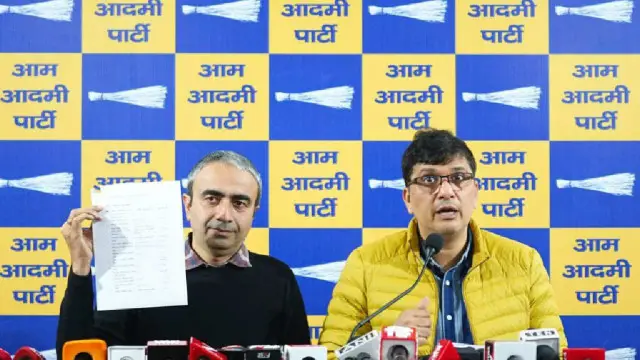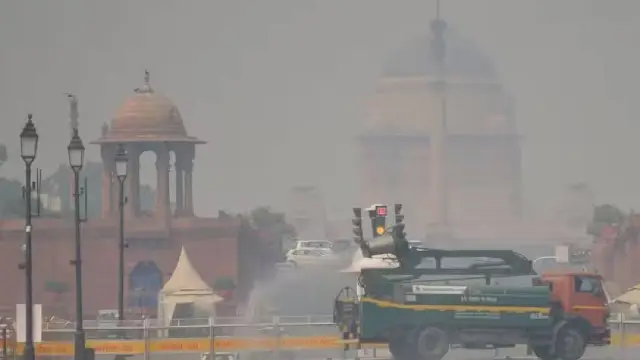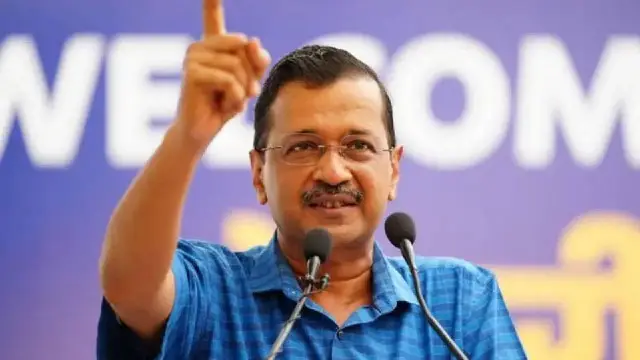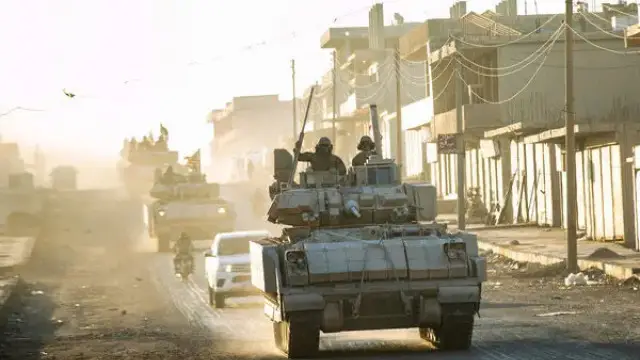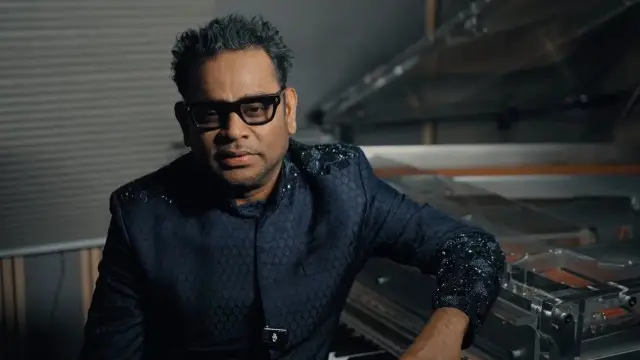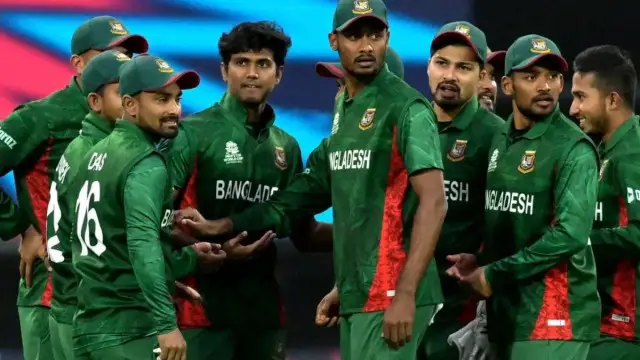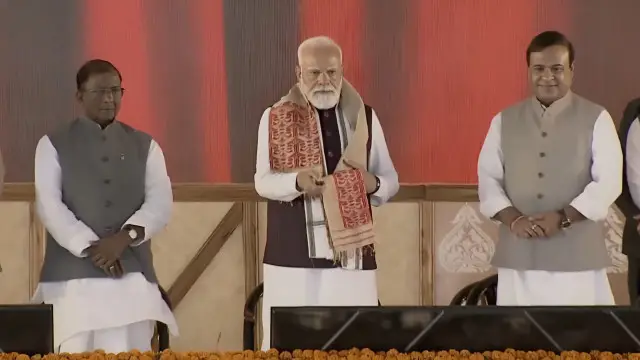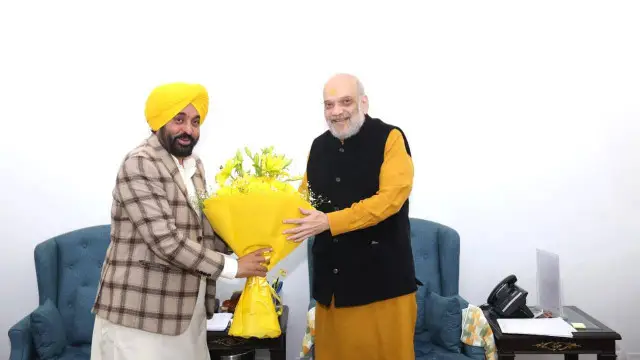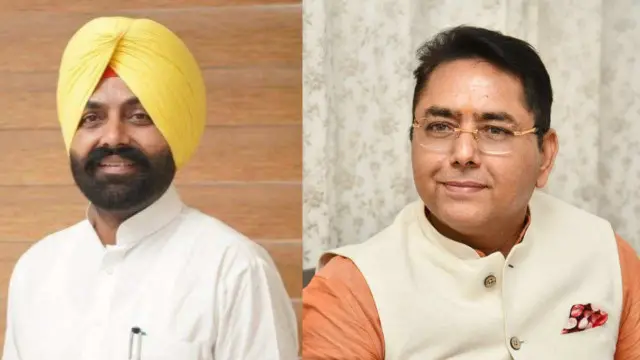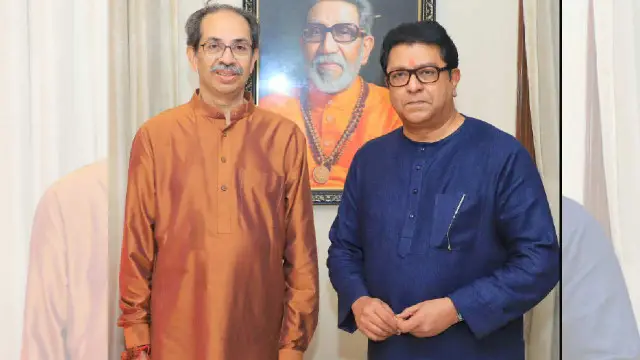Arvind Kejriwal Prepared to Cooperate with ED, Prefers Video Conferencing
Although Delhi Chief Minister Arvind Kejriwal claimed he was prepared to speak with the investigative agency via video conference after March 12, he has chosen to forego the Enforcement Directorate's eighth summons in the liquor policy issue.

In a significant development, Delhi Chief Minister Arvind Kejriwal has expressed his willingness to cooperate with the Enforcement Directorate (ED) in an ongoing investigation. However, Kejriwal has made it clear that he prefers to engage with the investigating agency through video conferencing, citing logistical and health reasons amidst the ongoing pandemic.
Kejriwal's Stance on Cooperation
Arvind Kejriwal, a prominent figure in Indian politics known for his anti-corruption stance, has affirmed his readiness to assist the ED in their inquiry. This comes in response to the agency's summons regarding an investigation into alleged financial irregularities.
Kejriwal, in a statement to the press, emphasized his commitment to transparency and accountability. He assured that he is prepared to answer any questions posed by the ED, maintaining that he has nothing to hide.
Preference for Video Conferencing
Despite his willingness to cooperate, Kejriwal has made it clear that he prefers to engage with the ED through video conferencing. Citing concerns over the ongoing COVID-19 pandemic and the associated health risks, Kejriwal argues that virtual communication offers a safe and efficient alternative to in-person meetings.
Additionally, the Delhi Chief Minister highlights logistical challenges that could arise from attending in-person meetings, especially considering his responsibilities in governing the national capital.
Navigating Legal and Logistical Challenges
Kejriwal's preference for video conferencing presents both legal and logistical considerations for the ED. While modern technology allows for remote engagement, there may be legal procedures and protocols to navigate in conducting investigations via virtual platforms.
Moreover, ensuring the security and integrity of the video conferencing process is paramount, especially when dealing with sensitive investigations involving public figures.
Public Reaction and Political Implications
Kejriwal's stance on cooperating with the ED has garnered mixed reactions from the public and political commentators. Some commend his willingness to engage with the investigative process, while others question the implications of conducting such inquiries remotely.
The political landscape in Delhi may also be influenced by Kejriwal's interaction with the ED, with potential implications for upcoming elections and public perceptions of his administration's integrity.
As Arvind Kejriwal prepares to navigate the intricacies of cooperating with the ED, his preference for video conferencing underscores the evolving nature of investigative procedures in an increasingly digital world. While logistical and legal challenges remain, Kejriwal's commitment to transparency and his willingness to engage with the process signal a significant development in the ongoing investigation.





